As detailed in a recent SKO Insider article[1], Congress in the “COVID-related Tax Relief Act of 2020” (the “Relief Act”), a component of the Consolidated Appropriations Act, 2021, overruled prior IRS guidance and confirmed expenses paid with PPP loan proceeds are deductible for federal income tax purposes — even if the loan is later forgiven. Taxing authorities in Kentucky and Indiana have issued guidance as to how their states conform to this federal tax treatment. Both states will allow their state income taxpayers to exclude forgiven PPP loans from income when calculating state income taxes. Currently, however, only Indiana will allow its taxpayers to deduct related expenses. Absent a change in Kentucky law, which has been proposed but not yet adopted, related expenses may not be deducted in Kentucky.
A. State Income Tax Conformity with the Internal Revenue Code and the PPP Loan Program
Most states conform their income taxes to the federal Internal Revenue Code (the “Code”) and do so on either a static or a rolling basis. Static conformity means the state conforms to the Code as it existed and applied on a specific date. Rolling conformity means the state automatically adopts changes to the Code as they take effect for federal tax purposes. Kentucky and Indiana are static conformity states. Kentucky currently conforms to the Code “in effect on December 31, 2018” effective for taxable years beginning on or after January 1, 2019. See KRS § 141.010(15)(b). Kentucky expressly excludes “any amendments made subsequent to that date, other than amendments that extend provisions in effect on December 31, 2018, that would otherwise terminate.” Id. Indiana conforms to the Code “as amended and in effect on January 1, 2020.” See Ind. Code Ann. § 6-3-1-11(a).
The Coronavirus Aid, Relief, and Economic Security Act (“CARES Act”) established the Paycheck Protection Program (“PPP”) as a loan program for small businesses. The CARES Act overrode regular federal tax treatment by providing the forgiveness of PPP loans would not result in taxable income to the borrowers. Because the CARES Act failed to explicitly address whether borrowers could deduct expenses financed with exempt loan proceeds, the IRS issued guidance stating that related expenses were not deductible. Congress overrode the IRS in December through the Relief Act, which provides, inter alia, that: “no deduction shall be denied, no tax attribute shall be reduced, and no basis increase shall be denied, by reason of the exclusion from gross income [of a forgiven PPP loan].” This provision was made effective retroactive to taxable years ending after March 27, 2020, the effective date of the CARES Act. Technically, the Relief Act did not amend the Code but provided special rules codified elsewhere in federal law “for purposes of the [Code].
B. Kentucky and Indiana Conformity
The Indiana Department of State Revenue (“IDSR”) has confirmed Indiana fully conforms to the tax treatment of forgiven PPP loans and related expenses provided by both the CARES Act and Relief Act. Acknowledging Indiana’s current static Code conformity date – January 1, 2020, pre-dates both Acts, the IDSR nevertheless adopted the taxpayer-friendly view that these federal tax-related provisions apply in Indiana because they are “not part of the [Code].”[1]
The treatment in Kentucky is less favorable due to Kentucky-specific law. The Kentucky Department of Revenue has confirmed that while Kentucky will not tax forgiven PPP loans as provided in the CARES Act, Kentucky does not conform to the Relief Act. As a result, expenses paid for with forgiven PPP funds cannot be deducted. [2] The disconnect is due to provisions in Kentucky’s income tax law that deny individuals and corporations income tax deductions for expenses directly or indirectly related to exempt or nontaxable income. See KRS §§ 141.017(1)(b) and 141.039(2)(c)4.
The Kentucky General Assembly can adopt legislation amending Kentucky’s income tax law to fully conform to the federal tax treatment and there is an effort underway to do just that. Introduced January 13th, H.B. 278 would amend Kentucky’s income tax statutes to fully conform to the federal treatment. Congress has made clear that the intent of the Payroll Protection Program was to help small businesses weather the COVID-19 pandemic and keep their employees on the payroll. H.B. 278 can be seen as an effort to ensure Kentucky’s small businesses and their employees realize the maximum benefit from the program.
****
Stoll Keenon Ogden understands that these are trying times for our clients and our country. Our firm operations have continued uninterrupted and our attorneys are equipped to serve as we always have – for more than 120 years.
The firm’s Tax attorneys advise businesses and individuals on all aspects of local, state and federal taxation, including tax planning, audits, administrative hearings and trials and including questions about the impact of the COVID-related Tax Relief Act of 2020.
Please also be sure to consult the Stoll Keenon Ogden Coronavirus Resource webpage for additional articles and information related to the latest information on new laws and directives enacted by federal, state, and local governments in response to the Coronavirus pandemic.
[1] See SKO Insider: Congress Reverses IRS – Expenses Paid with PPP Loan Proceeds Are Deductible (Dec. 28, 2020).
[2] See Coronavirus Information, Frequently Asked Questions, available on the IDSR’s website.
[3] See COVID-19 Tax Relief: Frequently Asked Questions, available on the KDOR’s website.




